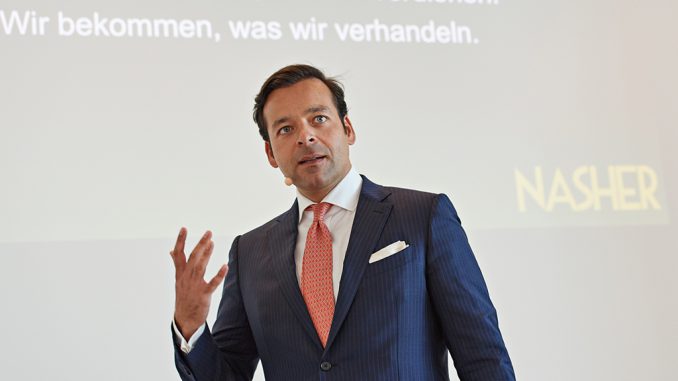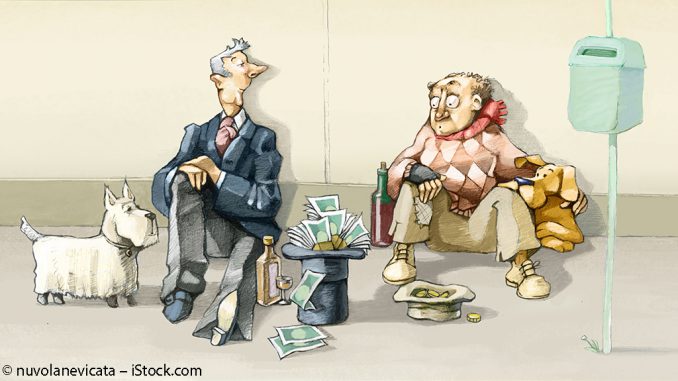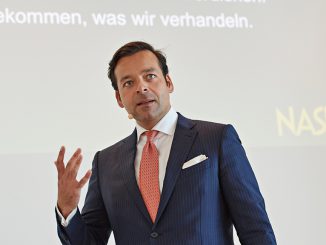
Negotiation Methods as Capitalism in Action
„We need freedom to prevent the state from abusing its power, and we need the state to prevent the abuse of freedom.“
Sir Karl R. Popper, The Open Society and Its Enemies
Whenever I lecture to students or train managers in negotiation strategies, a certain thought frequently lingers in the air: Negotiation tactics are actually reprehensible – the concept of profit maximization, in general, is evil. Negotiation methods are often seen as a necessary evil, even by managers who book negotiation training sessions. When my book „DEAL!“ appeared in 2013, we could even read in the conservative CICERO that the order of society is threatened by people ”who had clearly read too much Jack Nasher“.
The contempt for negotiation strategies is based on a deep misunderstanding of economics and capitalism per se: The erroneous assumption that one can only gain something if another party loses something.
But actually the core for any economy is creating added value: You have a coach, and I have horses – let’s open a haulage company together!
Cooperation is voluntary in capitalism, as the outstanding economist Milton Friedman already highlighted again and again. Even the best negotiation strategies are worthless if no one is interested in my goods. Only if we add value will others wish to enter into business transactions with us. If we treat our customer badly he will leave. Exactly as with our employees. This principle of voluntary cooperation together with the modern market economy has created the greatest prosperity known in the history of mankind.
The Gap Between Rich and Poor Is as Narrow as Never Before
It was still normal scarcely 100 years ago for poor people in wintertime to miserably die a wretched death barefoot on the street. And not only our well-being, but also the equality is breath-taking: A lawyer will no longer live in a palace with a dozen servants, but in a two-roomed apartment – and will run into the parking attendant in the evening in a bar. The gap between rich and poor is as narrow as never before.

In spite of these successes, capitalism is despised. Curiously enough not just by economically simple-minded populists, but even by those active in the middle of it too: Experienced managers have a bad conscience acting in a profit-driven fashion, and do penance by trying to fulfil their „social responsibility“. Actually, their moral responsibility as expressed by Friedman consists in doing what they are paid for, usually to make their employer profitable. In doing so, advocates of „Corporate Social Responsibility“ shed a poor light on one of the most important institutions of free societies.
The significance of a profitable economy is of priceless value; every nation without such an economy perishes. The Austro-British philosopher Sir Karl Popper (1902-1994) demonstrated that democracy is only possible at all if power is decentralized. Centralized power, that is the apparently benevolent state as the directing force, always leads to an abuse of power – sooner or later.
Freedom of Choice Is Not Possible Away From Capitalism
In free economies with countless participants power is distributed amongst innumerable protagonists. If I carry out negotiation training for Audi, for example, but am fired because I do not act in a manner conforming to their mission statement, I can apply to Daimler or to quite a few others. Away from capitalism however there are no others, there is only one, the state – freedom of choice is impossible. If I do not suit state-run company A, I should not even bother applying to state-run company B.
What am I trying to say with this? A functioning economy is not a necessary evil, but the most distinguished expression of freedom and openness in our society. It strengthens democracy, which relies on the success of as many institutions as possible and virtually as a sideline to this it has created the greatest well-being known in the history of mankind.
If one wishes to formulate social and moral rules, then this means an ethical obligation for individuals to strengthen the societal institution of the economy. Learning negotiation strategies and methods is one of the keys to this, for they are capitalism in action.




